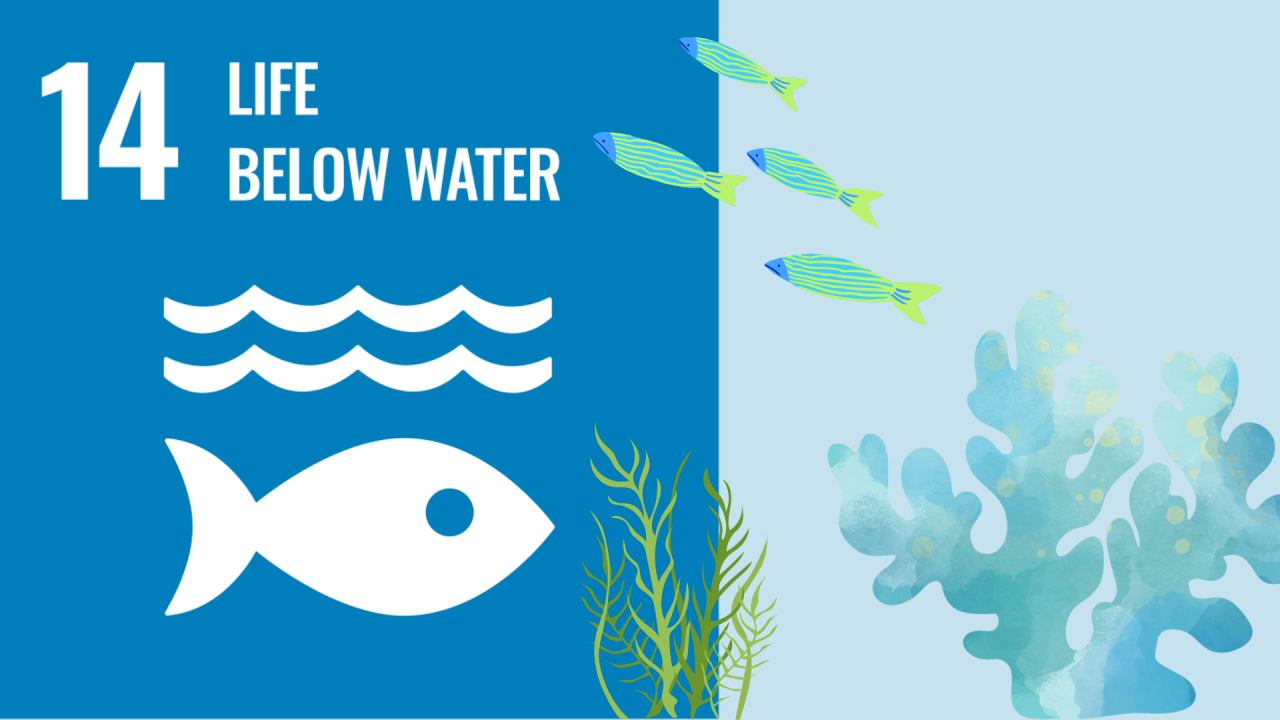If your business touches climate, nature, or the blue economy, you’ll want to keep an eye on UNOC. But what exactly is it, and why should it matter to you?
The United Nations Ocean Conference (UNOC) is one of the world’s most important platforms for addressing the health of our oceans. As ocean threats intensify, from rising sea levels to plastic pollution and acidification, UNOC brings together governments, businesses, scientists, indigenous communities, and civil society to rally behind solutions.
The upcoming UNOC 2025, co-hosted by France and Costa Rica, will be the third edition. The last conferences took place in Lisbon in 2022 and New York in 2017, both of which generated political momentum, voluntary commitments, and new partnerships for ocean action. The conference will take place in Nice, France, from June 9th to 13th.
What is UNOC?
The UN Ocean Conference is a high-level event convened by the United Nations every few years to mobilize global action for the protection and sustainable use of the ocean. It’s directly tied to Sustainable Development Goal 14 (SDG 14): Life Below Water, which aims to conserve and sustainably use the oceans, seas, and marine resources.
For more information on the relationship between Blue Carbon and the SDGs, please read our article.
Why does UNOC matter?
The ocean is not just a nature issue, it’s a climate stabilizer, a biodiversity hotspot, and a major economic driver. Here's why the conference matters across sectors:
1. The Ocean is a Climate Hero
The ocean absorbs about 25% of all CO₂ emissions and over 90% of the excess heat caused by global warming. But it’s reaching its limits. UNOC spotlights the need to invest in ocean-based climate solutions—like blue carbon ecosystems (mangroves, seagrasses, salt marshes), marine protected areas, and sustainable fisheries.
For more information on where mangroves sit, please read our article.
2. Ocean Health = Biodiversity Resilience
From coral reefs to deep-sea canyons, marine ecosystems are home to over 240,000 known species, and millions more. Yet they're under threat from overfishing, pollution, and warming waters. UNOC helps shape the global agenda on ocean biodiversity conservation, supporting the goals of the Kunming-Montreal Global Biodiversity Framework, including protecting 30% of the ocean by 2030.
3. It’s a Business and Investment Frontier
Oceans support industries from seafood to shipping to tourism, generating an estimated $2.5 trillion annually. UNOC is increasingly becoming a space for private sector engagement, showcasing how companies can invest in sustainable ocean economies and align with ESG, and Net-Zero strategies.
For more on Blue Carbon policy and conservation initiatives, please read our article.

What comes out of UNOC?
UNOC doesn’t produce a binding treaty—but it delivers high-level political declarations, voluntary commitments, and partnership platforms that can drive action and funding.
For example:
- At UNOC 2022, over 300 voluntary commitments were made, including financial pledges and conservation targets.
- UNOC helps shape international processes, including the Biodiversity Beyond National Jurisdiction (BBNJ) Treaty, climate negotiations at COP, and global marine governance.
Why should businesses pay attention?
Companies in climate, nature, or coastal sectors should watch UNOC for three reasons:
- Policy Signals: UNOC influences national and international regulation on marine pollution, conservation finance, and sustainable use.
- Partnership Opportunities: It’s a springboard for cross-sector collaborations and blended finance models (e.g., blue bonds, blue carbon credits).
- Strategic Positioning: Businesses that align with ocean goals are better prepared for TNFD, CSRD, SBTI, and other emerging disclosure frameworks.
The policy signals, partnership opportunities, and strategic positioning collectively pave the way for meaningful change. Clear and consistent policy direction provides the necessary framework and confidence for investment and innovation. At the same time, emerging partnerships across governments, the private sector, civil society, and indigenous communities are creating a powerful ecosystem for action. Strategic alignment among these stakeholders ensures that resources are deployed effectively and that efforts are mutually reinforcing. For more information on how your company can preserve the ocean, please read our blog.
As these forces converge and stakeholders unite with a shared sense of urgency, we have a rare and critical opportunity to make a change. Together, we can implement scalable solutions, restore marine ecosystems, and ensure the long-term health of our ocean.
Sources:
- UNESCO – Ocean and Climate Platform
- UNEP – Marine Biodiversity Facts
- Convention on Biological Diversity (CBD)
- World Economic Forum
- IPCC Special Report on the Ocean
Common Q&As
SDG 14 focuses on preserving the world’s oceans and marine life, which are vital to the health of the planet and human society. The oceans are not only home to countless species, but also play a pivotal role in regulating climate, supporting global trade, and providing food and livelihoods for millions of people.
For more information, read our article: SDG 14: Life Below Water – Why It’s Time Businesses Paid Attention.
There are five concrete actions that businesses can start implementing today.
- Reduce plastic waste
- Decarbonize the maritime sector or your company’s supply chain
- Support blue carbon projects
- Read our article for more
Blue Carbon ecosystems offer recreational and leisure opportunities that can drive tourism and stimulate economic growth in coastal regions. Mangrove forests, for example, attract tourists interested in birdwatching, kayaking, and nature photography. Similarly, seagrass meadows and coral reefs are popular destinations for snorkeling and scuba diving enthusiasts.
For more information, read our article: Understanding Blue Carbon & the Role of Mangroves in Carbon Sequestration.
Share this
You May Also Like
These Related Stories

How can my company help preserve the ocean?

SDG 14: Life Below Water: Why It’s Time Businesses Paid Attention

